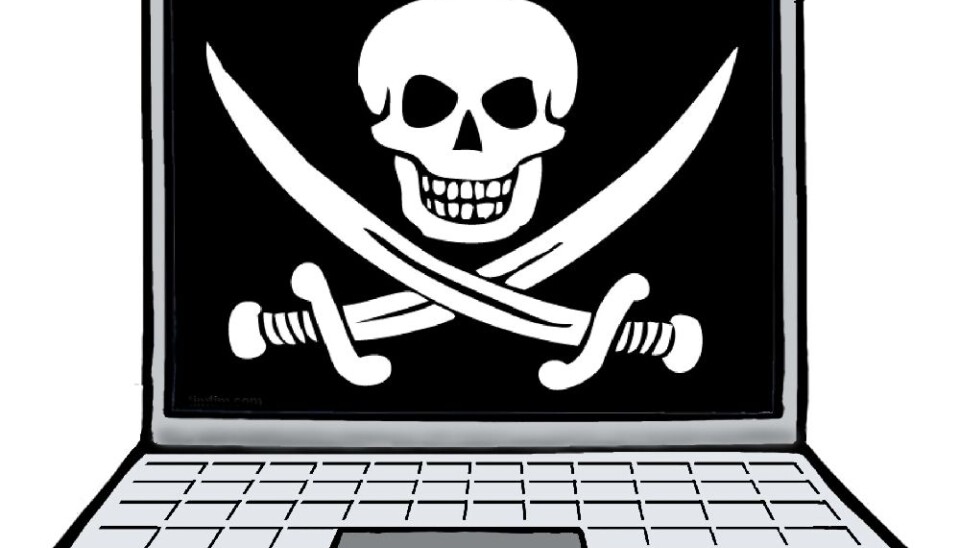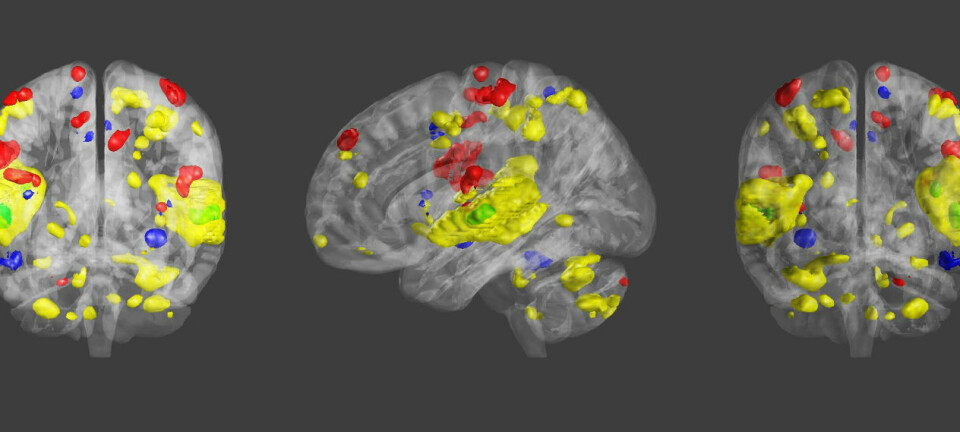
Why we still copy music illegally
Pirate copying is widespread because people do not back copyright laws. A new study shows why.
Films, records and books are copied to millions of computers around the world. And if trends measured in Denmark also apply to the rest of the world, there is a widespread discrepancy between actual legislation and people’s attitude to the laws.
In ‘Citizens and the Law 2010’, a review of people’s attitudes to legislation, professor Jørgen Goul Andersen of Aarhus University noted that Danes felt that pirate copying is almost as acceptable as telling your employer you are ill so you can look after your sick child.
A new study now reveals why there is such a large gap between social norms and legislation.
“In a sense, copyright is the conservative legal construction that bears elements that do not fit with emerging social norms of sharing content and cultural expression in a digitised era of networks,” writes Stefan Larsson, a researcher in sociology of law at Lund University in Sweden, in his PhD thesis, ‘Metaphors and Norms – Understanding copyright law in a digital society’.
In a sense, copyright is the conservative legal construction that bears elements that do not fit with emerging social norms of sharing content and cultural expression in a digitised era of networks.
Stefan Larsson
For years, copyright holders have pressured politicians into adopting ever more stringent laws, and the researcher believes this is a consequence of copyright legislation that does not enjoy popular backing.
More stringent laws, stiffer penalties
“One consequence is that it is necessary for the state to exercise more control and introduce stiffer penalties, which is the direction Europe is taking,” says Larsson. “It’s become easier to trace what the individual does on the Internet. This means that the privacy of everyone is compromised to ensure the legal position of a few special interests.”
Internationally, the USA has tried to get all western states to ratify the Anti-Counterfeiting Trade Agreement (ACTA) which, in the original draft, would make Internet providers (IPs) responsible for the actions of their customers on the Internet; this would have meant states introducing greater monitoring and control of Internet activities via the IPs – in reality IPs would have to censor the internet.
In Sweden, the IPRED legislation – which gives Swedish anti-piracy groups and copyright owners the right to demand information about suspected illegal copiers of music and films from IPs via a court ruling – has resulted in increased Internet monitoring.
Copying fell because of fear of punishment
The researcher studied how the IPRED legislation affected Swedish file sharing, including use of the popular and now banned Pirate Bay website.
There was a sharp fall in copyright infringements immediately after the law took effect. But Larsson’s study showed the infringements fell as a result of people’s fear of getting caught and being punished, not because they changed their minds on the issue, nor because the social landscape had altered.
The researcher sees the attitude of the young people as resulting directly from a broader popular view that the legislation is unreasonable or irrelevant; they are therefore disinclined to keep within the law.
Analogue metaphors don’t work in a digital world
He says this is because the metaphors used about infringements of copyright are out of step with reality.
Much of the language around copyright infringements is metaphors from the analogue world that have entered the digital world, although their meaning is completely different. ‘Theft’ in the analogue world means the copyright owner actually loses something, while ‘theft’ in the digital world at most means the copyright owner potentially loses an income.
Although there is a fundamental difference in understanding, the word ‘theft’ is nevertheless re-used in the digital world.
“In other words,” says Larsson, “the metaphors that previously legitimised the law appear unjust in a world that has moved on. That is the reason why there is a gap between the law and the social norm in terms of copyright.”
Read the article in Danish at videnskab.dk
Translated by: Michael de Laine








